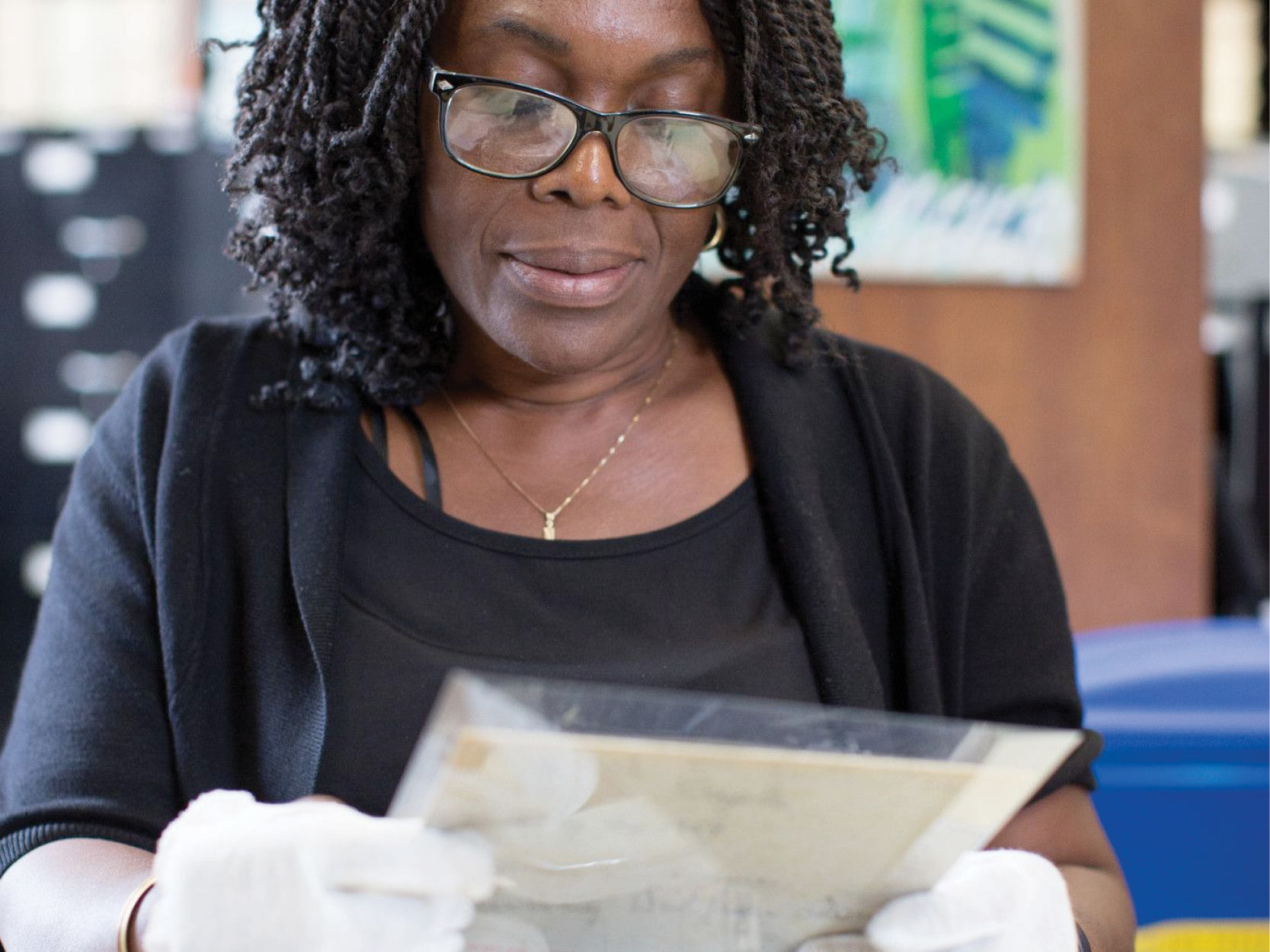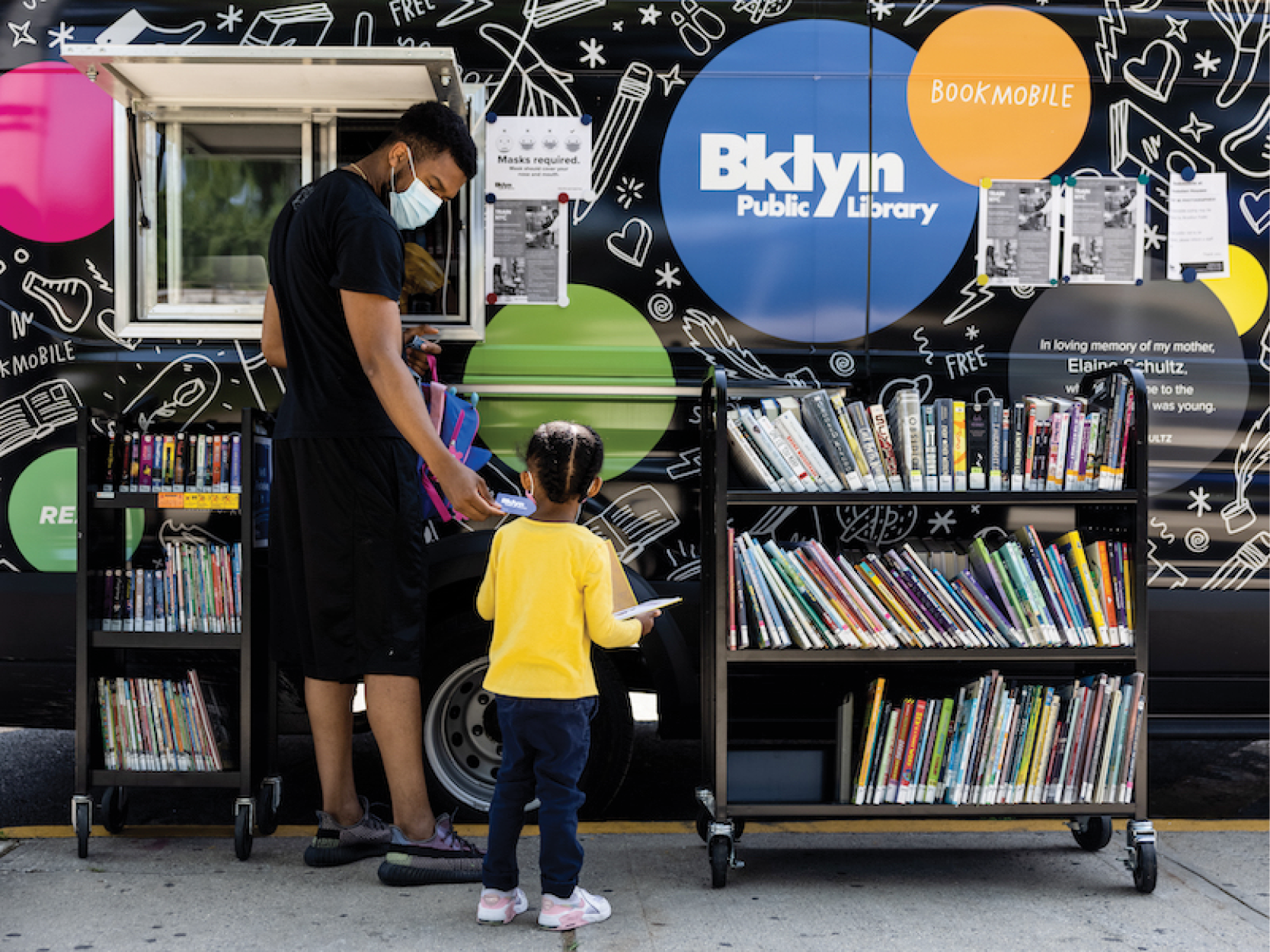If you make regular use of our collection it is likely that the name Henry Reed Stiles rings a bell -- a very small, rusty, cracked, nearly inaudible bell -- but a bell nonetheless. At the time of his death in 1909, Stiles was widely recognized as the first historian of the city of Brooklyn; his three volume History of the City of Brooklyn was published between 1867 and 1870 and covers everything from Hudson's first Manhattan visit to the consolidation of the cities of Williamsburgh, Brooklyn, and the township of Bushwick. He was this borough's Herodotus -- and though a photograph is an admittedly unfair way to judge someone -- he was this borough's pale, timid-looking, and doughy Herodotus.

But don't let this yellowed photo fool you. Stiles was a talented polymath and a tireless worker. Here is a quick, and far from complete, breakdown of some of his accomplishments:
He studied in the medical department of the University of the City of New York and at the New York Opthalmic Hospital, graduating at the age of 23; shortly thereafter he left the medical profession and moved west to Ohio to take on head editorial duties at the Toledo Blade; in 1856 he returned to Brooklyn and, as a member of the Calkins & Stiles firm, published the American Journal of Education; soon thereafter in 1859, he resumed practicing medicine but left the field again in 1863 to help establish the Long Island Historical Society, of which he would become the first librarian.
He resigned from his position as librarian in 1865 and in 1868 served in the office of the Metropolitan Board of the City of New York, where he also acted as health inspector for three years. Needless to say, in Stiles's obituary his "long and useful life" was described as one of "work, work, work, from the time that he left college until sickness prostrated him[.]"

Perhaps most remarkable was that in the midst of all these labors, Stiles still found the time to write a number of books on a variety of subjects: The History and Genealogies of Ancient Windsor, Bundling in America, Genealogy of the Massachusetts Family of Stiles, The Wallabout Prison Series, as well as his three volume history of Brooklyn, to name just a few.
From exploring the lineage of his own Connecticut yeomanry to detailing the plight of prisoners aboard Wallabout's floating dungeons, Stiles cut a wide scholarly path for such a day-to-day busy man. But of all these works, and of all the subjects he touched upon, I was most curious about one specific title: Bundling in America. What was it? A treatise on the American method of gathering objects and binding them together? Could it be? Was Old America really that weird? Well, yes and no. It turns out Bundling in America, or, Bundling: Its Origins, Progress and Decline in America (its full title) is a brief history of...well...cuddling. Or perhaps we should call it snuggling. Or maybe spooning is a more apt descriptor -- yes, indeed: old-fashioned colonial spooning. More or less. But to be clear, here are the three definitions of bundling supplied by Stiles at the beginning of his text:
Bundling. "A man and a woman lying on the same bed with their clothes on; an expedient practiced in America on a scarcity of beds, where, on such occasions, husbands and parents frequently permitted travelers to bundle with their wives and daughters." -- Grose, Dictionary of the Vulgar Tongue
Bundle, v.i. "To sleep on the same bed without undressing; applied to the custom of a man and a woman, especially lovers, thus sleeping." -- Webster, 1864
Bundle, v.n. "To sleep together with the clothes on." -- Worcester, 1864
And though the original printing of this monograph was unaccompanied by any illustrations, a reprint from the 1930s ("Reprinted for the Enlightenment of the Present Generation") remedied this oversight. The woodcuts, printed in red, were done by someone named Herb Roth. Here are some choice examples.

Bundle party!

Mom is no fun.

Ummmmmm...why are they tied up?
In any case, whether illustrated or not Stiles's account of bundling in America is an engrossing read, tracing as it does the different permutations of this wooing style in the British Isles, Holland (where it was known as queesting), Switzerland, and Afghanistan where a close cousin of bundling went by the name namzat bebe. Plus, you can read some of the greatest bundling-inspired poetry in the American canon -- classics like "A Poem Against Bundling," and "The Whore on the Snow Crust."
So perhaps a bit of rethinking is called for when it comes to Henry Reed Stiles. Rather than a doughy Herodotus we might want to think of Brooklyn's first historian as a sort of bookish Brad Pitt. After all, Stiles was just 29 when his work on bundling was published and still a vigorous, red-blooded, and supple young man -- as surely this etching from an edition of The History of Kings County, a book which he edited, would attest.

Whoa, I love the surprise
One of course recalls an
There is discussion of
Post a Comment
While BPL encourages an open forum, posts and comments are moderated by library staff. BPL reserves the right, within its sole discretion, not to post and to remove submissions or comments that are unlawful or violate this policy. While comments will not be edited by BPL personnel, a comment may be deleted if it violates our comment policy.
eNews Signup
Get the latest updates from BPL and be the first to know about new programs, author talks, exciting events and opportunities to support your local library.







